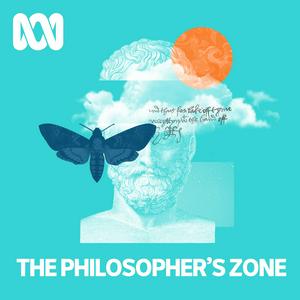There has never been as much art around as there is today - digital tools are incredibly cheap, artistic production and distribution can bypass the traditional institutional gatekeepers of galleries, museums and curated spaces. And yet, there's a sense today in which art is devalued currency, and the potential for art to bring people together is being eroded. This week we're talking art, politics and what we lose when we stop loving culture.


